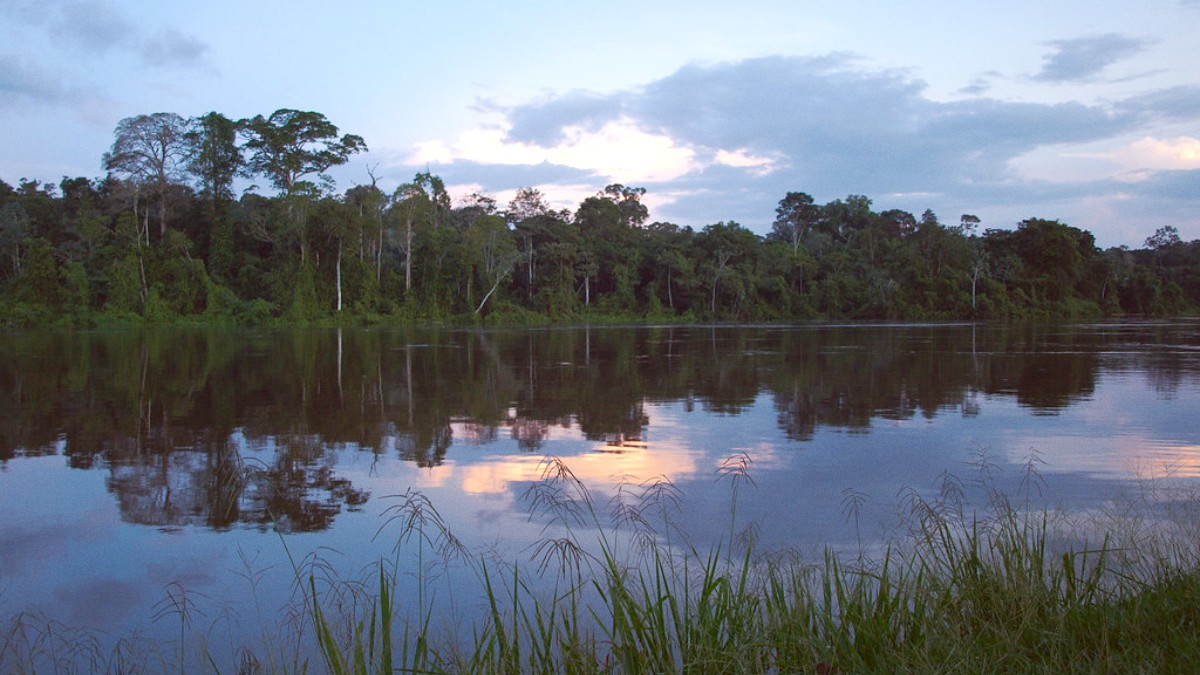
The Guianas
Download offline maps for navigation; useful in areas with limited internet. Maps.me often displays detailed trails for nature areas.
Download Dutch and Sranan Tongo language packs for offline use, addressing language barriers.
This app is widely used by locals and tour operators for communication. It aids in coordinating plans and making inquiries.
A reliable weather app monitors conditions, especially important given Suriname's distinct rainy and dry seasons.
The official tourism website is a starting point for general information, though content may be limited or outdated.
This portal is for official information regarding visas, entry requirements, and government services.
Check your country's embassy website in Suriname for travel advisories, security information, and consular services.
Research websites of local tour operators for detailed tour itineraries, package options, and booking information, especially for interior expeditions.
Search for local tourism accounts, eco-lodges, and tour operators on Instagram or Facebook for visual inspiration and updates.
Specific guidebooks solely for Suriname are less common. General South America or Guianas guidebooks may contain a section.
A good physical map of Paramaribo and the country is very useful, especially where internet access is unavailable.
Local newspapers, like De Ware Tijd or Starnieuws, share current events and local perspectives.
Download Google Maps or Maps.me for navigation without internet access.
Google Translate with Dutch and Sranan Tongo packs addresses language barriers.
WhatsApp facilitates communication with locals and tour operators.
Always verify local conditions and safety information through official government travel advisories before and during your trip.
A foundational work on Surinamese history and anti-colonialism. It offers a powerful perspective on the country's past.
A historical fiction novel about a plantation, conveying insights into that era.
Academic texts on Surinamese society and its multicultural development.
Films on Surinamese culture, history, or its unique nature (e.g., Central Suriname Nature Reserve).
Audio content exploring travel experiences and cultural aspects of Suriname.
Personal accounts and practical advice from other travelers to Suriname.
Familiarize yourself with Suriname's place within South America and the Guianas.
Understand the main districts and attractions within the capital city.
Gain a basic sense of major river systems and remote nature reserves.
Equip yourself with digital and print resources for a smooth and informed journey.